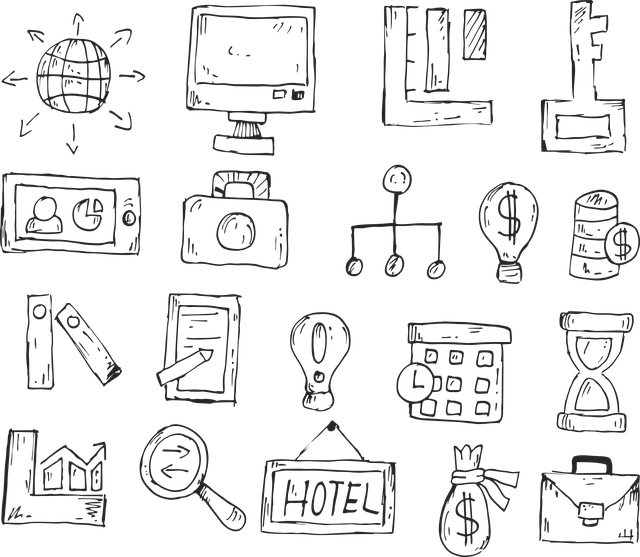
Simplifying Digital Marketing For Hotels – Part I
Bookings are crucial to the hotel business model, but generating them necessitates a strong hotel digital marketing plan. Bookings are variable and at risk of drying up depending on the season or current events in the region. However, this danger exists for hotels that are not being marketed to their full potential. Before implementing a hotel digital marketing strategy, it is critical to understand what this marketing comprises.
Hotel digital marketing is a comprehensive marketing strategy that includes many techniques for attracting new hotel clients and retaining existing ones. These techniques include email and social media marketing campaigns, ads, relevant and seasonal promotions, and SEO. Working with a marketing plan may need a redesign of present marketing tools, such as websites or social media pages. In any case, a comprehensive marketing plan is essential for increasing reservations and spreading the word about your hotel.
There are several marketing methods for hotel businesses; but, how can you simplify such strategies and maximize their usage in your market plan? Here are a few suggestions we’d like to share with you.
ENCOURAGE DIRECT BOOKING AND SIMPLIFY IT:
Direct booking on your hotel’s website is one approach to get your hotel marketing campaign off to a good start. Booking platforms like as Trivago, Hotels.com, and Kayak are well-known for generating reservations, but they can detract from direct bookings to your hotel. Incentivize direct bookings to balance out bookings from other booking services. Incentives encourage current consumers to stay with you while also propelling you to reach new clients.
The most crucial component of the booking experience is selling a hotel room. To make this easier, the website homepage must be easily navigable and mobile-friendly. Customers want things to be simple and swift. They don’t want to be kept waiting for the website to load. Hotels must upgrade their website design because, unexpectedly, many hotel homepages are confusing and force visitors to work too hard to reserve a stay. This may cause your customers to become dissatisfied with your website and seek out another hotel.
A good hotel site will feature sections that you can navigate through to discover the important information you need to reserve a stay. Visitors want to view exterior surfaces, the rooms, and any qualifying information such as testimonies or ratings, as well as the reservation box. It is only now that it should be all on the homepage so that it may be better structured for mobile device traffic as well.
Hotels must also exercise caution when displaying social media material on their homepage in the form of a button. You don’t want to disrupt the booking process by sending clients to Facebook. When customers visit your hotel’s Facebook page, they see their alerts and immediately forget what they were doing reserving a stay on your site.
Placing a social media widget on your homepage, in my opinion, is bad practice. However, showing your social network icons is vital since many people will want to visit your social media accounts to gain a better understanding of your business.
